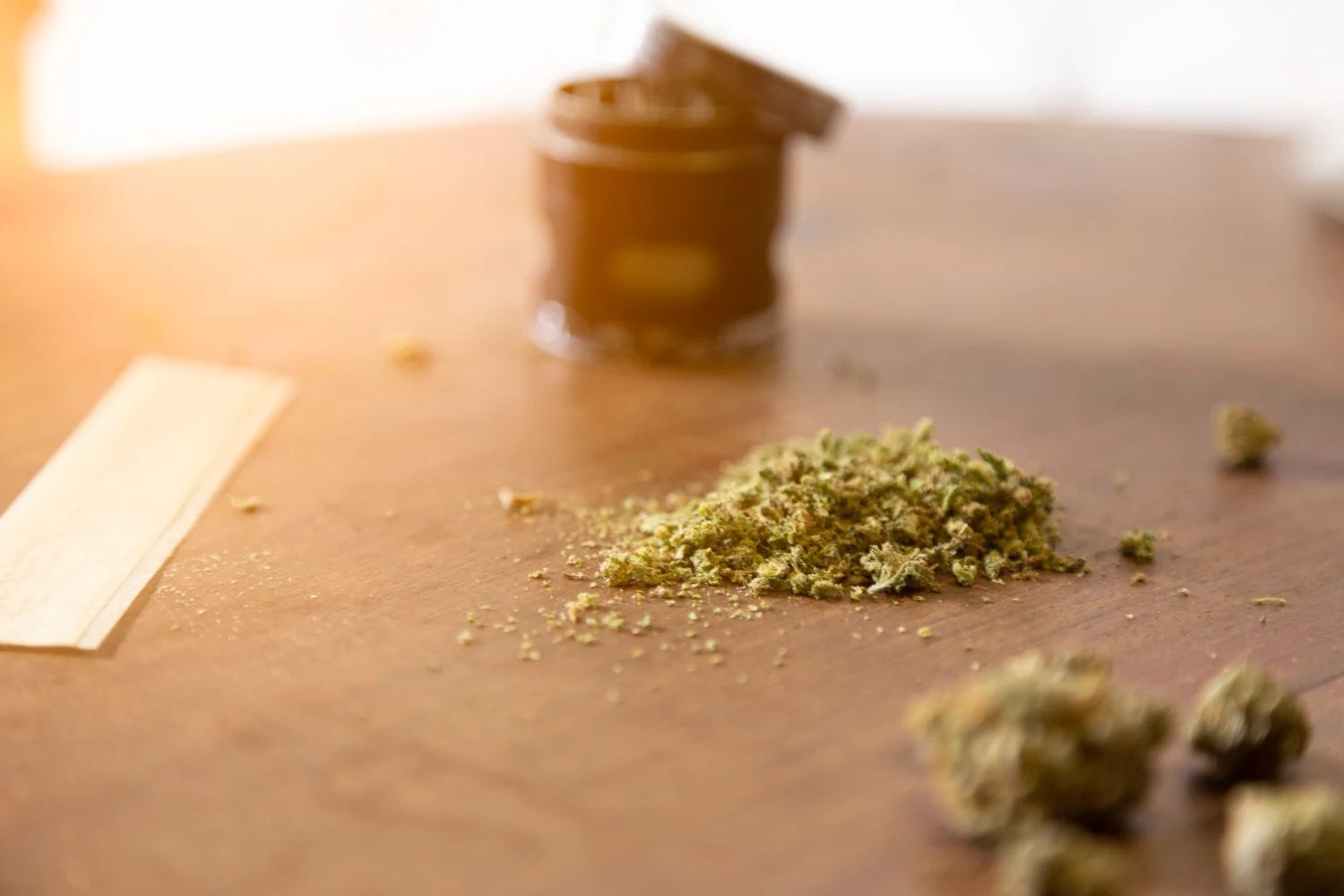Marijuana Addiction: Find Treatment for Cannabis Dependence

An Overview of Marijuana Addiction Treatment
Weed, pot, grass: These are just some of the more common slang terms for marijuana. This drug, which comes from the cannabis plant, is the most popular illegal drug used in the United States, with more than half of the U.S. population having tried it at some point in their lives. Despite of, and perhaps because of, this popularity, marijuana addiction is a major problem.
The phenomenon of weed addiction is well-known: Marijuana is an addictive substance that prompts many people to enter addiction recovery programs each year. If you or someone you love is addicted to marijuana, it’s vital that you get help now before the addiction leads to negative legal and physical consequences.
The Scope of the Marijuana Addiction Problem
More than 150,000 people enter addiction counseling and rehabilitation programs each year because they are addicted to marijuana. That’s a high number to be sure, but the actual number of marijuana addiction sufferers is certainly higher, for not all weed addiction sufferers recognize their problem and pursue individualized or group treatment.
It is likely that the rate of addiction to marijuana in the United States will only grow in the coming years as the substance is decriminalized in an increasing number of states. Nationwide, the rate of marijuana use has only increased over the past several decades.
Symptoms of Marijuana Addiction
Not everyone who has used marijuana becomes addicted, but those who do will experience a greater cancer risk, poor coordination, decreased testosterone levels, and other problems.
Those who are addicted to marijuana and want to get sober often need professional marijuana addiction treatment, so finding out if you or someone you love is addicted to marijuana is the first step toward getting the assistance needed.
Common marijuana addiction symptoms include:
- Spending vast amounts of time using the drug
- Continued use of marijuana even when negative consequences are resulting from the behavior
- Having to consume greater amounts of marijuana over time to get the same high
- Failure to reduce or quit use of marijuana
- The appearance of unpleasant withdrawal symptoms if marijuana use is reduced or stopped
- Mood swings
- Changing social circle
- No longer participating in previously enjoyed activities
- Failure to meet personal, professional, or familial obligations
Is Weed Addiction Treatment Necessary?
Many marijuana users are able to stop using the drug without professional help, but those with addictions often require treatment. Marijuana addiction treatment is especially valuable for those with serious addictions, those with co-occurring mental disorders, and other drug addictions.
Professional marijuana addiction treatment can help users get clean, discover underlying causes behind the addiction, and stay sober due to training and practice.
There are thousands of marijuana addiction treatment programs throughout the country, and every one is different. This means that there is a treatment option that will be a good fit for every patient.
Get Help for Marijana Addiction Today
Whether you or a friend or family member is addicted to weed, BetterAddictionCare can help you. Our recovery network includes facilities nationwide that are accepting new patients, so we can help you find addiction treatment near you.
Our services are 100 percent confidential, and our client care specialists will help take care of all of your needs before, during, and after your treatment. Fill out our contact form or call today to begin the recovery process.
Resources
Related Articles
Treatment Centers in Virginia
 123
123
 123
123
 123
123


